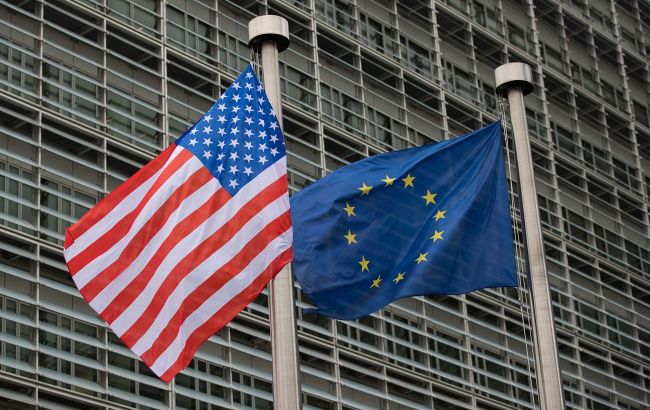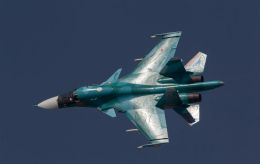Threat of war in Middle East: EU and US diplomats hold emergency talks
 Illustrative photo (Getty Images)
Illustrative photo (Getty Images)
US and European Union diplomats are engaged in urgent talks, aiming to avert the threat of a large-scale regional war in the Middle East, according to the Financial Times.
The impetus for these discussions was the elimination of leaders from the Islamic movements Hezbollah and Hamas as a result of Israeli airstrikes in Beirut and Tehran.
Western diplomatic pressure is mounting amid growing concerns about a broader regional conflict, as Iran and Hezbollah have vowed to retaliate for these attacks.
Officials said that the talks have focused on convincing Tehran either not to respond or to take only symbolic actions, following Israeli diplomats' communication to their Western counterparts that their military does not plan further operations.
"Everyone since last night is putting pressure on Tehran to not respond and to contain this," said one Western diplomat involved in the discussions.
At the same time, Jonathan Panikoff, a former senior intelligence officer and now director of the Atlantic Council's Scowcroft Middle East Security Initiative, said that Washington's ability to influence the situation is likely to be quite limited.
"In the immediate term, Iran, Hizbollah, and Hamas’s responses to Shukr and Haniyeh’s deaths will drive the likelihood for a regionalised war or reversion to tit-for-tat attacks," he said.
Assassination of Hezbollah and Hamas leaders
On the evening of July 30, the Israel Defense Forces launched an airstrike on Lebanon's capital, Beirut. The attack killed Hezbollah commander Fuad Shukr.
On the same day, a separate airstrike in Tehran killed Hamas political leader Ismail Haniyeh.
Following these events, Iran's Supreme Leader Ayatollah Ali Khamenei ordered a strike on Israel.
The United Nations Security Council held an emergency meeting to prevent a regional war in the Middle East.
More on whether the events in the Middle East will escalate into a larger conflict in the RBC-Ukraine report.

